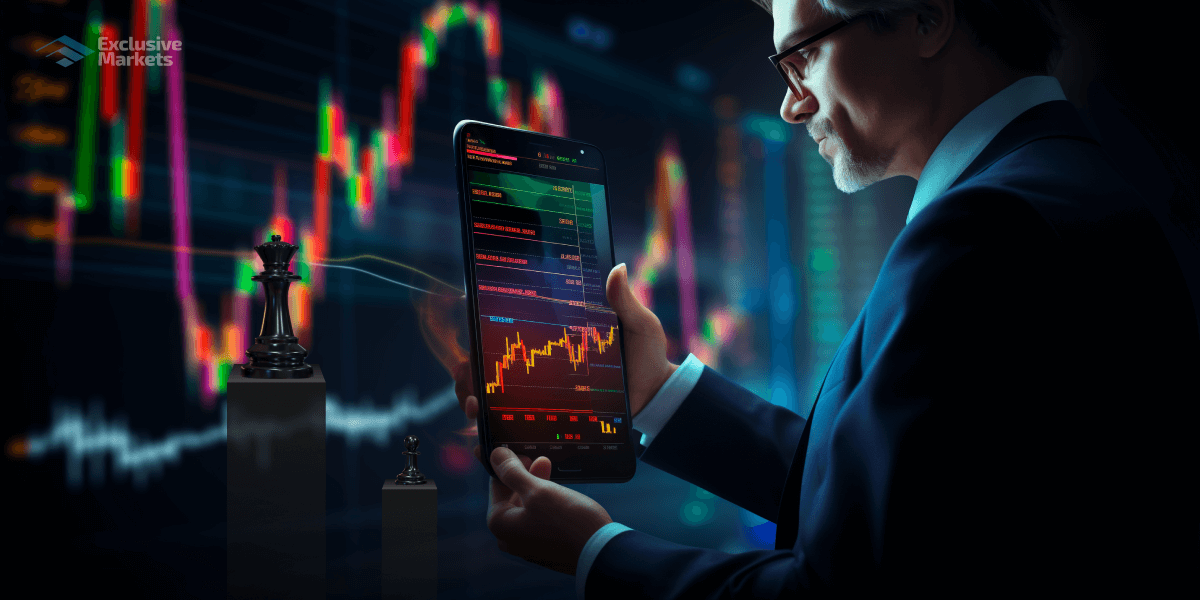Understanding Forex Trading Servers The Backbone of Online Trading 1558422891
trading7 November 1, 2025


Understanding Forex Trading Servers: The Backbone of Online Trading
In the world of forex trading, where precision and speed are crucial, the backbone of any trading operation lies in the robustness of the forex trading servers Latin America Trading servers backing these transactions. Forex trading servers are specialized systems that facilitate the execution of trades and manage vast amounts of data in real-time. This article will delve into the essential aspects of Forex trading servers, including their types, functions, and the vital role they play in the trading ecosystem.
The Role of Forex Trading Servers
Forex trading servers are designed to handle enormous volumes of transactions at lightning speed. Their primary functions include executing orders, managing data feeds, and providing traders with the tools they need to make informed decisions. These servers also ensure that trades are executed with minimal latency, which can often make the difference between profit and loss in the fast-paced forex market.
Types of Forex Trading Servers
When it comes to forex trading servers, there are generally two main types: dedicated servers and virtual private servers (VPS).
Dedicated Servers
Dedicated servers are physical machines that are used exclusively by a single trader or trading firm. These servers offer superior performance since all resources are dedicated to one user. With a dedicated server, traders benefit from low latency, high speed, and enhanced security, making them ideal for professional traders and institutional investors who require reliable performance.
Virtual Private Servers (VPS)
On the other hand, VPS solutions involve partitioning a physical server into multiple virtual servers. Traders share the resources of the physical machine but operate in isolated environments. VPS solutions are more cost-effective compared to dedicated servers and are popular among retail traders. They provide good performance, but since they are shared, there is a slight risk of resource limitation during peak times.
Importance of Latency in Forex Trading

Latency refers to the time delay between a trader placing an order and the order being executed. In forex trading, even a few milliseconds of delay can result in significant losses, especially in rapidly moving markets. The choice of a trading server can directly influence latency. Ideally, traders want to choose a server that is geographically close to their broker’s data center to minimize latency.
Low Latency Trading Servers
To achieve low latency, many brokers establish their servers in data centers located near major financial market hubs. These low latency trading servers are engineered to execute orders as quickly as possible, enhancing the overall trading experience. Traders using these servers can respond swiftly to market changes, giving them a competitive edge.
How Forex Trading Servers Impact Trading Strategies
Forex trading strategies can significantly benefit from the type of server a trader uses. For instance, high-frequency trading (HFT) strategies, which involve executing a large number of orders within very short time frames, require the fastest servers to ensure optimum execution. In contrast, longer-term strategies may not require the same level of speed, and traders may opt for VPS solutions to save costs.
Security Considerations
Security is another critical factor when choosing a forex trading server. Trading involves sensitive financial data that must be protected from cyber threats. Dedicated servers typically offer better security features, including dedicated firewalls and intrusion detection systems. While VPS providers do implement security measures, the shared nature of the server can expose traders to heightened risks. Therefore, traders should assess the security protocols of their chosen service provider carefully.
Choosing the Right Forex Trading Server
The choice of a forex trading server hinges on several factors: trading style, budget, and technical requirements. Here are some essential considerations for traders when selecting a server:
- Cost: Evaluate the budget and determine whether a dedicated server or VPS is more suitable for your needs.
- Location: Choose a server that is geographically close to your broker’s data center to minimize latency.
- Performance: Look for reviews and performance metrics to ensure that the server can handle the volume of trading you anticipate.
- Technical Support: Ensure that the provider has a responsive support team to assist with any issues that may arise.
Conclusion
Forex trading servers are an integral part of the trading infrastructure, influencing speed, security, and overall performance. By understanding the different types of servers and their characteristics, traders can make informed decisions that align with their trading strategies. In the competitive landscape of forex trading, having the right server can provide a significant advantage, enabling traders to capitalize on market opportunities swiftly and efficiently. As technology continues to evolve, the role of forex trading servers will undoubtedly become even more crucial to the global trading community.
 Contact Us
Contact Us